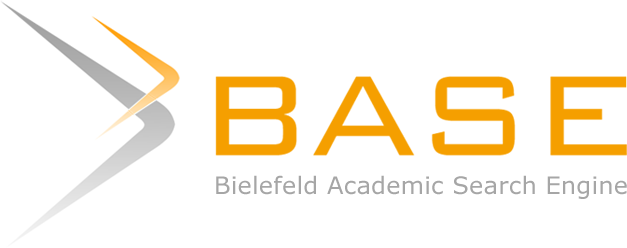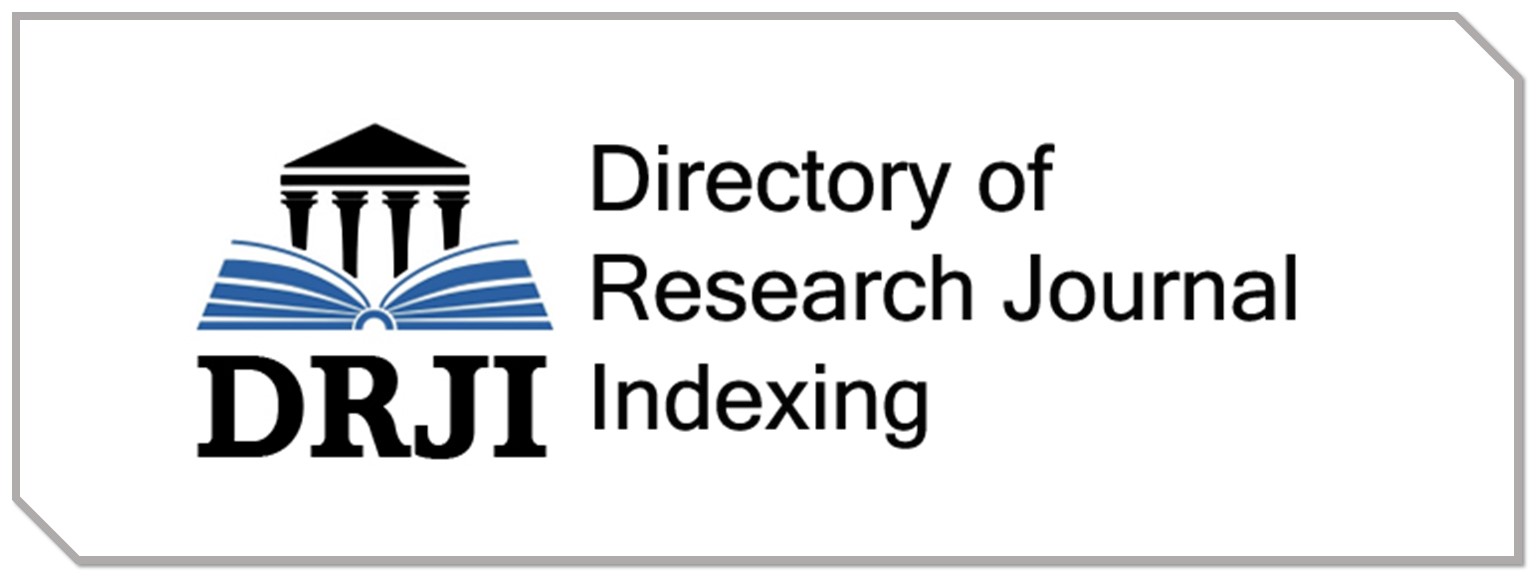USING COMMUNICATIVE GAMES TO ENHANCE STUDENTS’ SPEAKING
Keywords:
Communicative Games, Language Learning, Speaking Skills, Role-Playing, Information Gap Activities, Storytelling, Educational Strategies, Classroom Implementation, Language Fluency, Student Engagement.Abstract
. This paper explores the use of communicative games as a method to improve speaking skills among language learners. Recognizing the need for practical and engaging learning strategies, this study emphasizes the role of communicative games in facilitating real-world language application, enhancing learner engagement, and improving fluency. Various types of communicative games, including role-playing, information gap activities, storytelling circles, and structured interviews, are discussed for their respective benefits in fostering specific linguistic skills and overall language competence. The implementation strategies provided focus on aligning games with learning objectives, accommodating diverse learner needs, and incorporating effective feedback mechanisms. The findings suggest that communicative games not only make language learning more enjoyable but also significantly enhance students’ speaking abilities by providing meaningful practice in a dynamic, interactive setting. The conclusion underscores the importance of integrating these games into language curricula to better prepare learners for real-life communication in a new language.










